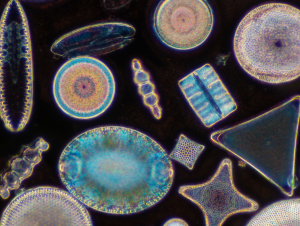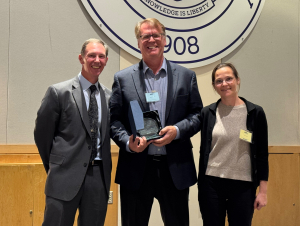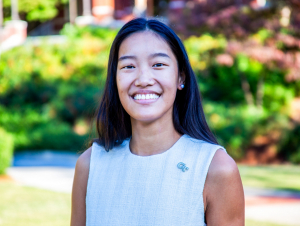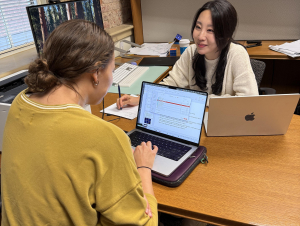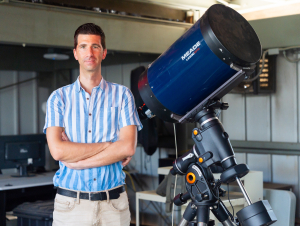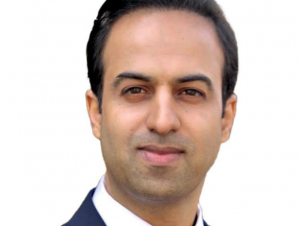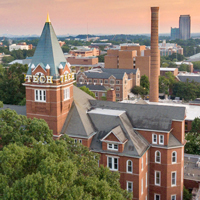Latest News
These tiny seafloor transformations are reshaping our understanding of how ocean sediments regulate carbon and climate.
Professor Michael Chapman has been awarded the 2025 Jesse W. Beams Award in recognition of his significant contributions to the field of physics.
Fourth-year biology major Lianna Homrich is among the five students named 2025 Ramblin' Royalty. This recognition celebrates students who embody Georgia Tech’s motto, Progress and Service.
The Stats HelpDesk is making it easier for Georgia Tech researchers to get expert, personalized support at every stage of their project.
The College of Sciences has named Paul Sell as the new director of the Georgia Tech Observatory. Sell joined the Institute in Fall 2025 as a senior academic professional in the School of Physics.
Ali Sarhadi's research draws on the intersection of engineering, physics-based modeling, and AI, reflecting Georgia Tech’s broad strengths in climate resilience and computational science.


